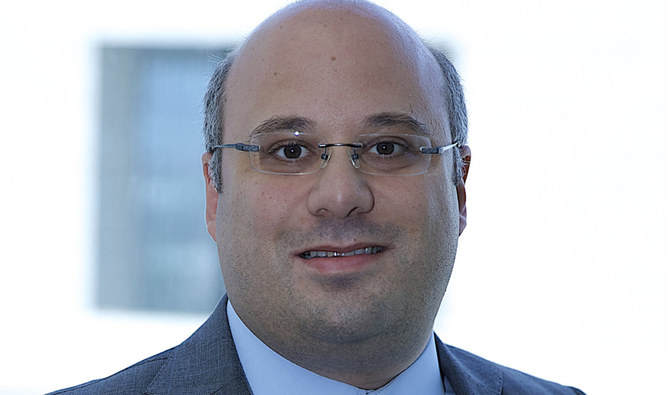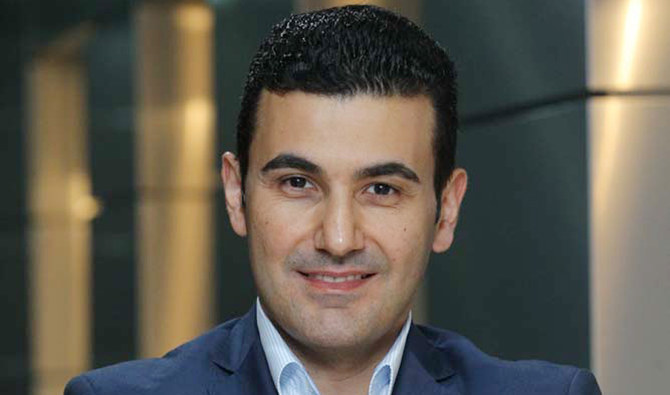Blockchain technology is expected to have a tremendous impact on GCC national economies. To harness its full potential, telecom operators have to adopt the right strategy, operating model, partnerships, and capabilities for their selected blockchain value proposition, and engage with regulators, according to a recent study by Strategy& Middle East, part of the PwC network.
The new study discusses the benefits that blockchain can offer and how telecom operators in the Middle East and North Africa are positioned to profit from this technology.
Dr. Daniel Diemers, partner with Strategy& in Zurich, said: “Blockchain as a technology has been adopted by businesses across various industries and its potential is expected to reach $96 billion by 2024, according to market estimates. Like other industries, we are witnessing an increased adoption of blockchain technology within the telecom sector.”
Blockchain is one way to reassure customers that their information is protected. Due to its encryption technology and the dispersal of information, it is very difficult to hack and is not susceptible to a single point of technical failure. It can also reduce transaction costs by removing unnecessary middlemen and document duplication.
According to the study, internally, blockchain can streamline telecom operators’ storage of customer identities, reduce the costs of number portability, and facilitate roaming services between multiple operators.
“However, telecom operators have to adapt,” said Jad Hajj, partner with Strategy& Middle East. “They must carefully analyze their own capabilities before selecting their value proposition and a target market. A portfolio of relevant use cases for each target market is needed for more effective marketing and business development.”
Ramzi Khoury, principal with Strategy& Middle East, said: “There has been limited adoption of blockchain within the MENA region, although there is considerable interest in the countries of the GCC. Interestingly, GCC organizations are creating the very partnerships that telecom operators should consider.”
Dubai’s government is planning for all visa applications, bill payments, and license renewals to be transacted digitally using blockchain.
Saudi Arabia’s central bank, the Saudi Arabian Monetary Authority, has declared a joint initiative with the Central Bank of the United Arab Emirates to use blockchain to issue a digital currency for cross-border transactions.


















